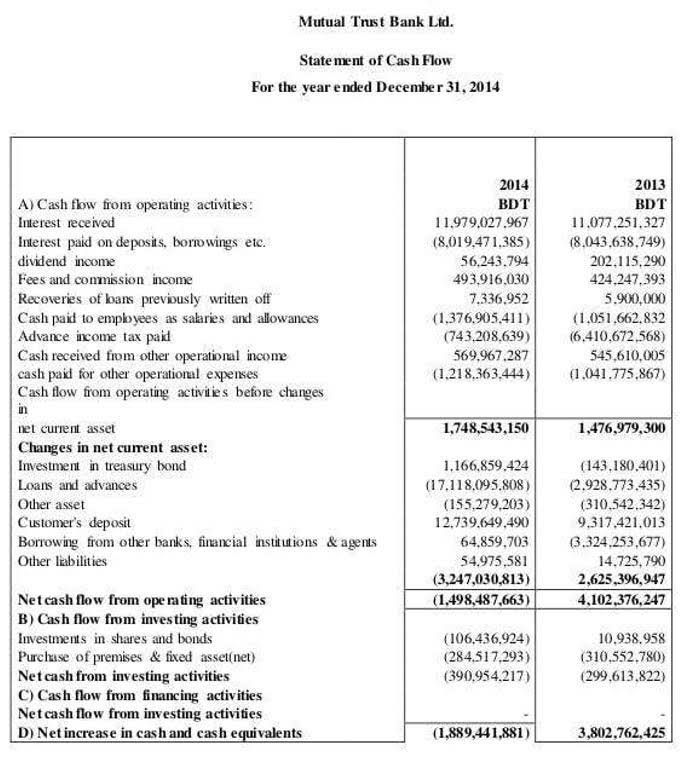
However, in today’s increasingly complex financial and tech-driven environment, it is especially important for accountants to have guidance in performing their duties. Private accounting, also called corporate or industrial accounting refers to accountants who serve one specific company or organization as part of its internal finance department. A single company employs private accountants instead of working for multiple clients. From strategic tax planning and financial analysis to providing advisory services, a CPA’s skill set is diverse and tailored. The only thing a CPA can do that other certifications like certified management accountant (CMA) and chartered financial analyst (CFA) can’t is to issue an audit opinion that financial statements comply with GAAP. However, the CPA designation also provides additional assurance to clients of trustworthiness and knowledge.
- Public accounting firms employ large numbers of certified public accountants (CPAs).
- You can check with your state’s board of accountancy to verify your eligibility.
- You can generally expect that core classes in both programs include auditing, finance investigation, and tax management.
- She has worked in private industry as an accountant for law firms and for ITOCHU Corporation, an international conglomerate that manages over 20 subsidiaries and affiliates.
In conclusion, public accounting is far more than a ledger of numbers, it is the guardian of financial transparency and the compass for businesses in the complex world of finance. Certified Public Accountants (CPAs) stand as sentinels of integrity, ensuring that financial information remains accurate, reliable, and compliant with regulations. As technology and globalization reshape the profession, https://www.bookstime.com/articles/customer-invoice the role of public accountants is evolving, demanding adaptability and a commitment to ethical standards. For those who embark on this rewarding career path, public accounting offers a journey filled with challenges, opportunities, and the chance to make a lasting impact on the financial world. If you want to work in the private accounting sector, you will need a bachelor’s degree in accounting.
Magazines & Publications
Public accounting is the sentinel of financial integrity in the corporate world. At its core, it involves the analysis, verification, and assurance of financial information for public and private entities. Public accountants are the gatekeepers of fiscal transparency, ensuring that financial statements are accurate, reliable, and adhere to regulatory standards. “If an accountant is not a member of what is public accounting the AICPA, the Code of Professional Conduct still provides valuable guidance to a practitioner to ensure that they are following best practices widely accepted by the profession. Public accounting firms should also register with the Public Company Accounting Oversight Board (PCAOB) to provide accounting services. First, you will need at least a four-year bachelor’s degree and additional credits.

While a bachelor’s degree will get you in the door, becoming a Certified Public Accountant (CPA) is essential to advancing in this sector. Accountants earn their CPA license from a state board, which sets standards for education and experience. Accountants must also pass the rigorous CPA exam before earning their license. Acquiring your certified public accountant license takes time, patience and planning. Being a CPA also takes a commitment to continuing education even after earning your CPA designation. CPAs are often required to complete 40 hours of continuing professional education (CPE) each year, depending on state board requirements.
Accounting Clerk
You can do the Online Master’s of Accounting (iMSA), offered by the University of Illinois Urbana-Champaign on Coursera. The Bureau of Labor Statistics (BLS) projects employment for accountants and auditors to grow by 7 percent from 2020 to 2030, which is as fast as the average for all occupations [5]. Therefore, you can take on additional duties related to the Internal Revenue Service (IRS) and Securities and Exchange Commission (SEC) that not all accountants can perform. A CPA is a very valuable credential, and I wanted to position myself well in the marketplace for various jobs.
However, you may face limitations on your employment options and advancement potential. Non-licensed accountants often practice in areas of limited scope or under a CPA. Certified public accountant (CPAs) typically earn above-average salaries and enjoy strong demand in the job market. As such, CPAs have the flexibility to seek out advanced roles that match their preferences. In 1934, the Securities and Exchange Commission (SEC) required all publicly traded companies to file periodic financial reports endorsed by members of the accounting industry. The AICPA established accounting standards until 1973 when the Financial Accounting Standards Board (FASB) was launched to set standards for private companies.

